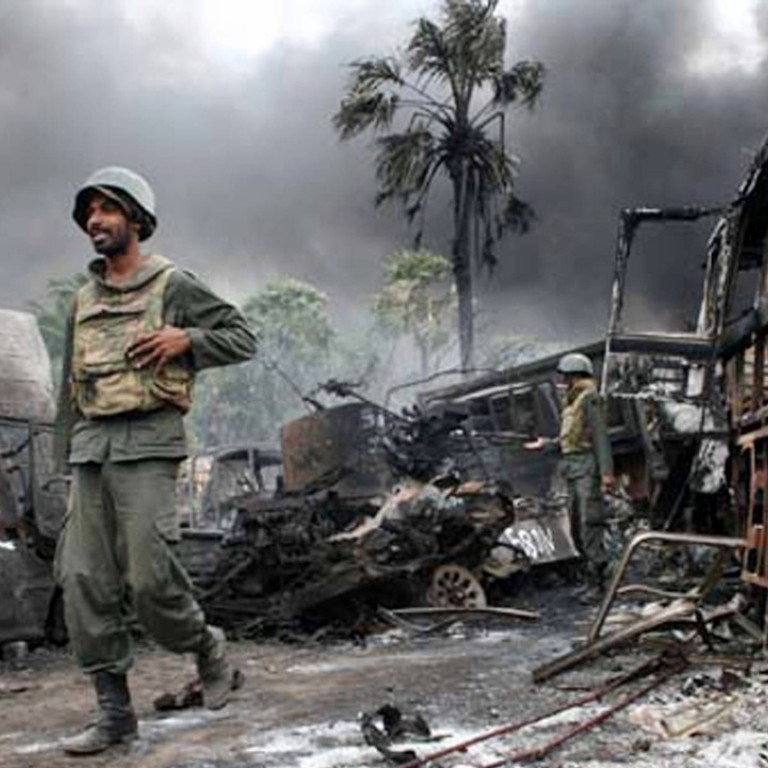
Sri Lankan government faces pressure from UN over torture, rape allegations
Sri Lanka’s government is facing increasing pressure to answer for alleged human rights violations following an Associated Press investigation that found more than 50 men who said they were raped, branded or tortured as recently as this year.
The men’s anguished descriptions of their abuses came eight years after Sri Lanka’s civil war ended and days ahead of a review of the Indian Ocean nation by the UN’s top human rights body.
Doctors, psychologists, lawmakers and rights groups have appealed to the United Nations to investigate the new allegations published on Wednesday.
AP reviewed 32 medical and psychological evaluations and interviewed 20 men who said they were accused of trying to revive a rebel group on the losing side of Sri Lanka’s 26-year civil war. All the men are members of the country’s Tamil ethnic minority.
Although combat ended in 2009, they say the torture and abuse occurred from early 2016 to as recently as July.
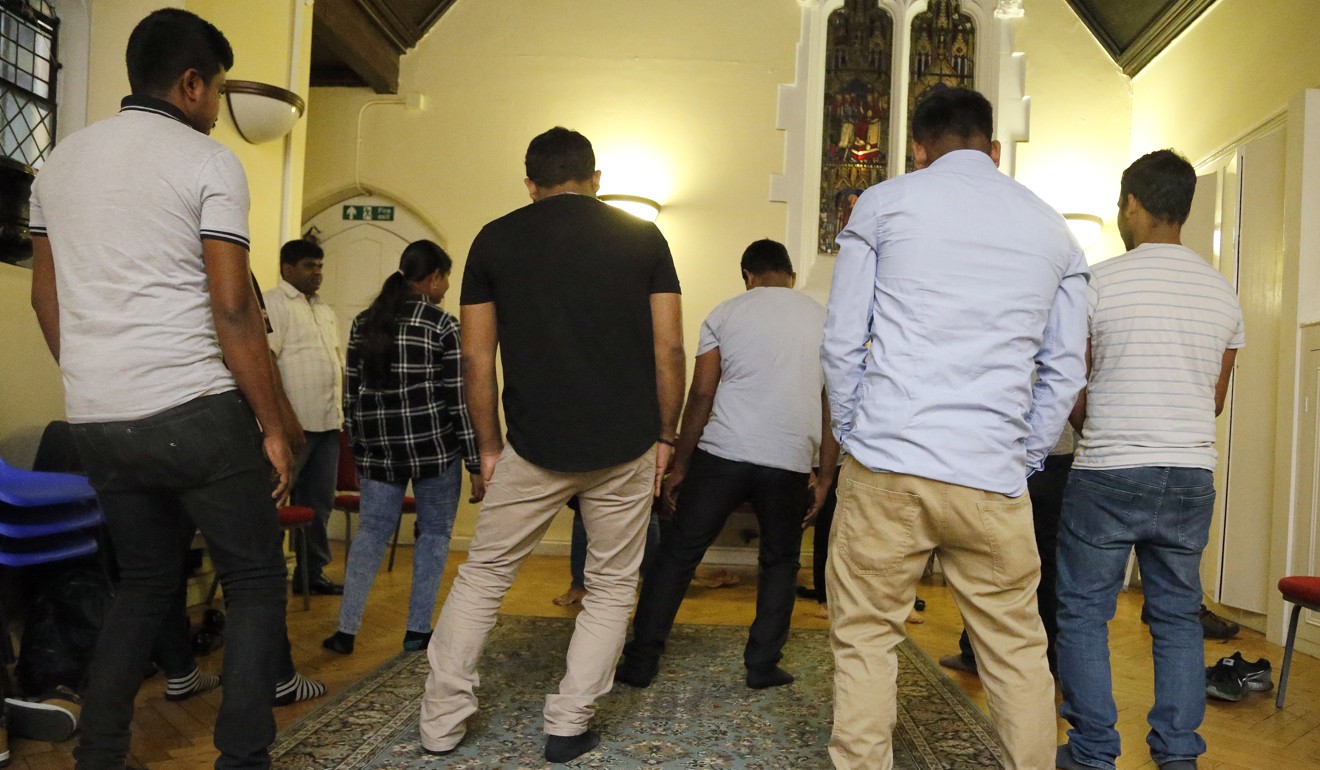
US Senator Patrick Leahy, the most senior Democrat on the subcommittee that oversees US foreign aid, said the Senate Appropriations Committee has made aid to the government conditional on its compliance with international standards for arrest and detention, as well as accountability for war crimes. Sri Lanka has received US$76 million in US foreign help since 2015.
“These accounts of torture are horrific and contradict the Sri Lankan government’s professed commitment to reconciliation and justice,” Leahy said. “I will be looking for convincing evidence that torture has ended and those responsible are being punished.”
Several doctors wrote to UN Human Rights chief Zeid Ra’ad al-Hussein and called for an independent investigation.
“We have collectively seen many hundreds of Sri Lankans who have fled their country following torture over the years,” the physicians’ letter said. “We continue to receive a worrying number of cases from Sri Lanka despite the change of government.”
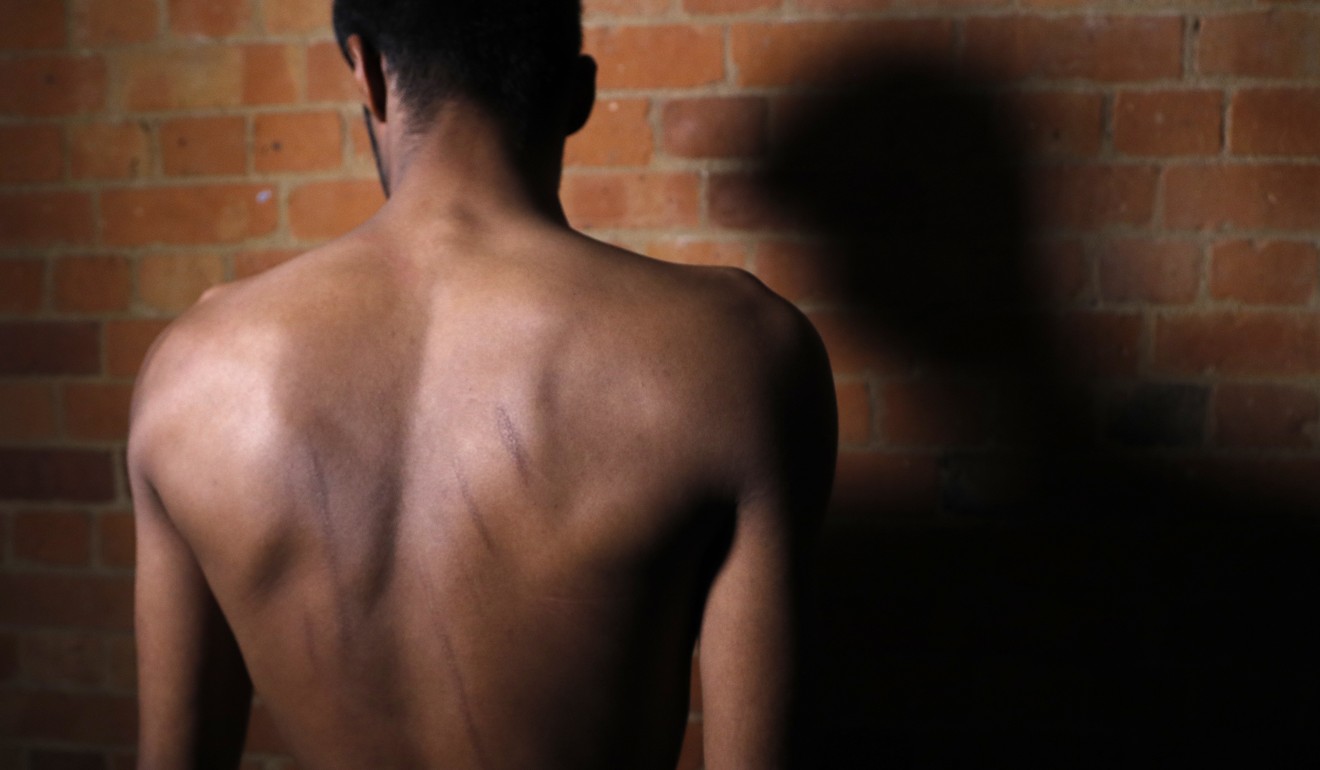
One of the men in the AP investigation said he was held for 21 days in a small room where he was raped 12 times, burned with cigarettes, beaten with iron rods and hung upside-down. Another man described being abducted from home by five men, driven to a prison, and taken to a “torture room” pocked with blood splatters on the wall.
Most of the men say they their captors identified themselves as members of the Criminal Investigations Department, a police unit that investigates serious crimes. Some, however, said it appeared their interrogators were soldiers.
Sri Lanka’s diplomatic mission in Geneva did not respond to repeated calls or an email Friday seeking comment.
UN human rights office spokesman Rupert Colville said, “We are currently looking into these alarming allegations to work out the best way for them to be further investigated.”
AP’s investigation allegations came months after another investigation in which it found that 134 UN peacekeepers from Sri Lanka were implicated in a child sex ring in Haiti between 2004 and 2007. Despite evidence of child rape, no Sri Lankan peacekeeper was ever prosecuted.
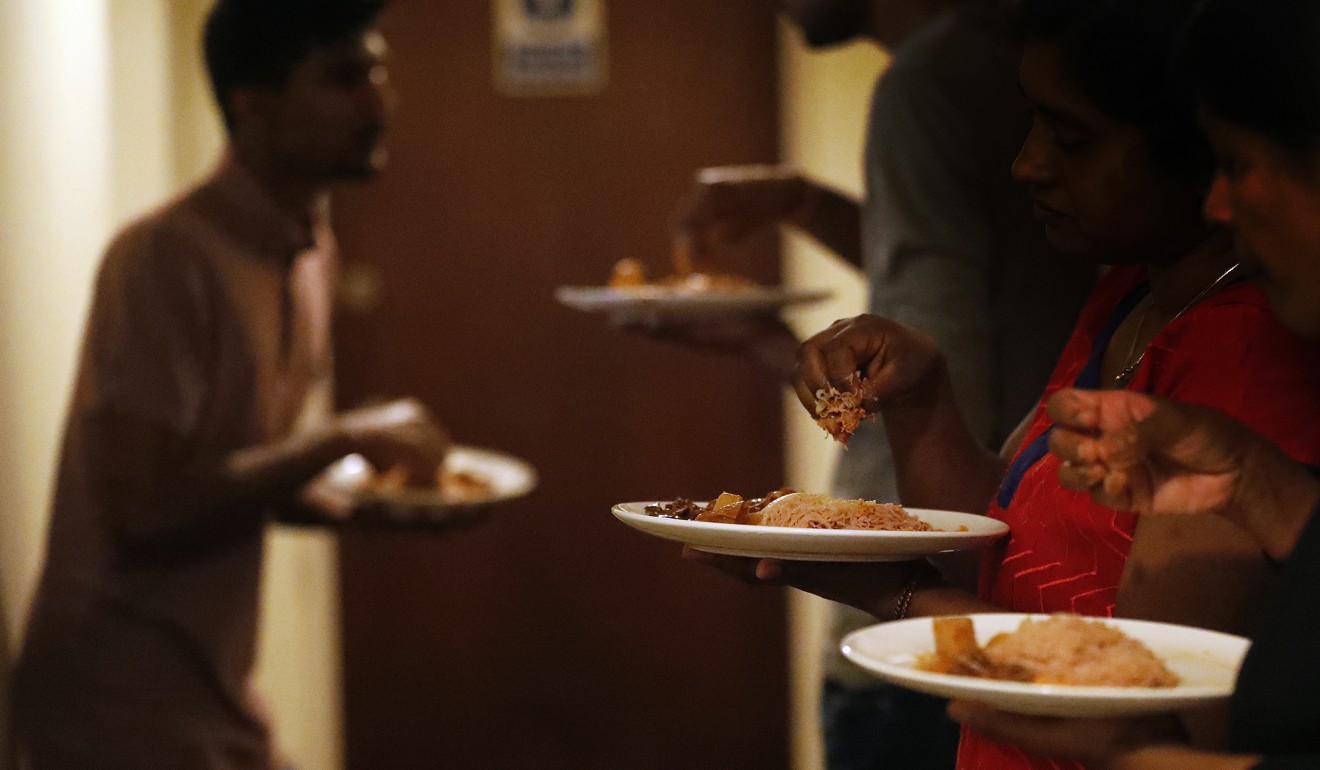
In August, rights groups in South America filed lawsuits against General Jagath Jayasuriya, a Sri Lankan ambassador in the region. He is accused of overseeing military units that attacked hospitals and killed, disappeared and tortured thousands of people at the end of the country’s civil war.
Upon the ambassador’s return to Sri Lanka, President Maithripala Sirisena vowed that neither Jayasuriya nor any other “war hero” would face prosecution – a pledge that rights groups said illustrates continued impunity in Sri Lanka.
Sri Lanka, which has denied the allegations of torture and war crimes, goes before the UN’s Human Rights Council in Geneva next week as part of a regular examination known as the Universal Periodic Review. All 193 UN member states usually undergo such reviews every few years, but Wednesday’s review may hold added significance.
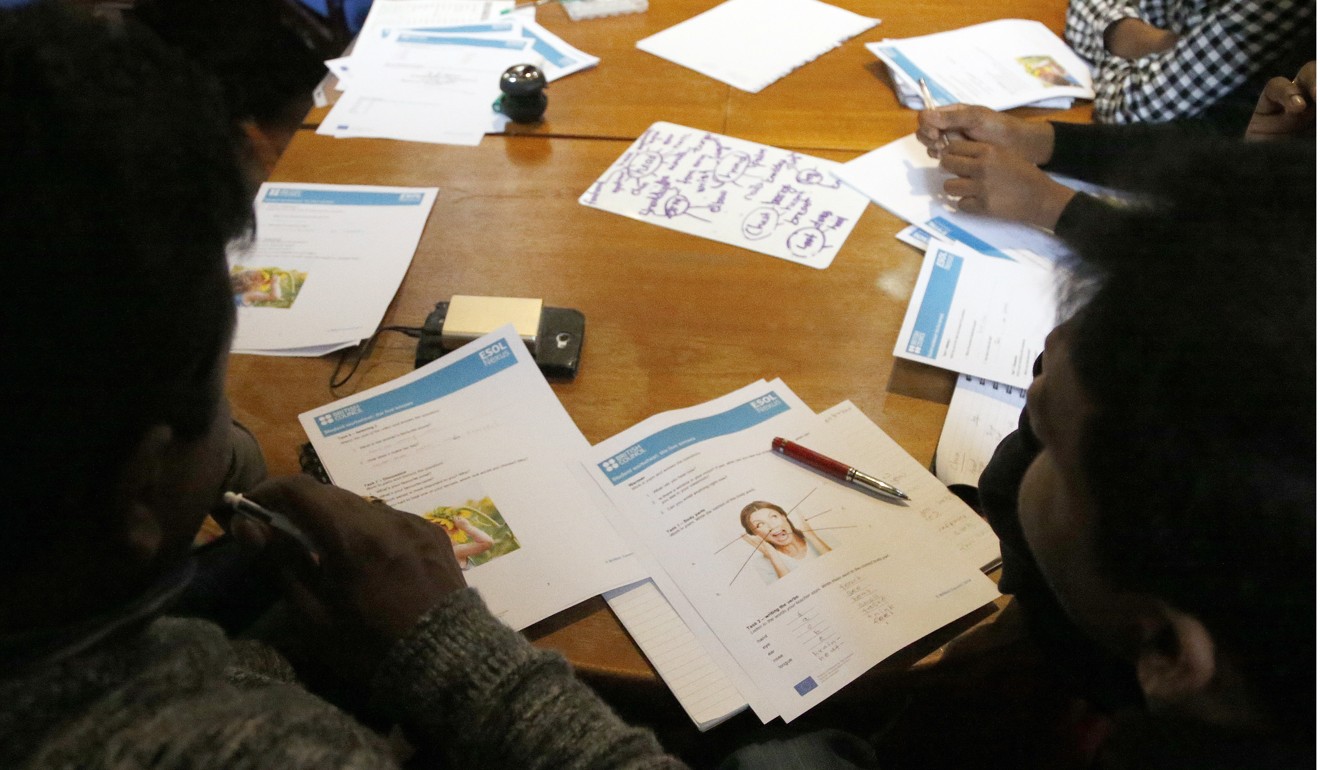
The new allegations suggest that Sri Lanka still has not stopped using torture – a practice it was highly criticised for during and after the war against the Tamil Tigers rebel group.
More than 100,000 people are estimated to have died in the war, including up to 40,000 civilians in its final months, according to UN estimates. Sri Lankan authorities have denied targeting civilians and dispute the death toll.
Justice C.V. Wigneswaran, chief minister for Sri Lanka’s Northern Province and a former Supreme Court judge, confirmed on Friday similar rights abuses he has heard from Tamils in his northern constituency. He said he has previously urged the UN rights chief to demand an independent investigation.
“Unfortunately, this was overlooked,” he told AP on Friday. “If the international mechanism was in place it would have acted as a deterrent to these military sadists.”

